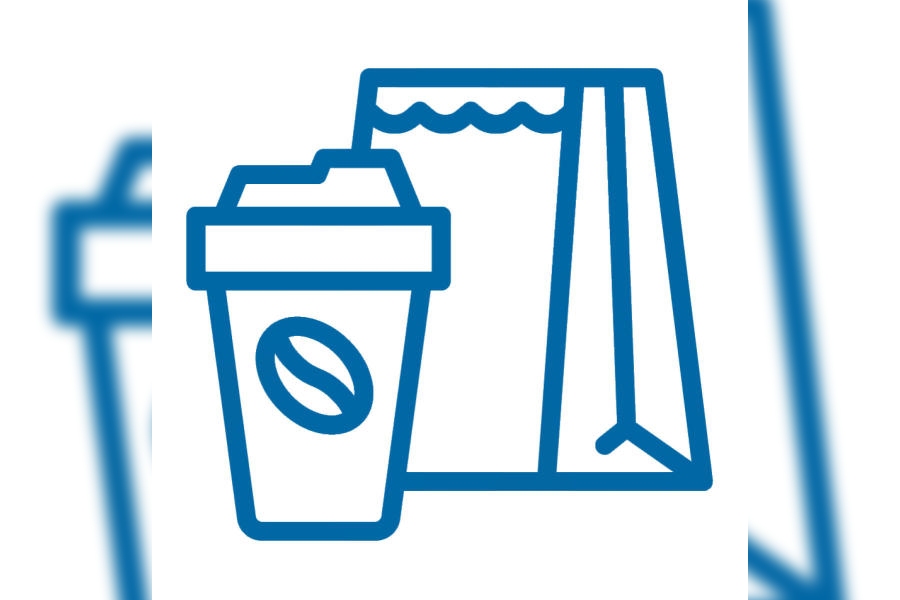A nutrition policy think tank has urged celebrities and their managers to consider the threshold limits for sugar, fat and salt in food products set by the National Institute of Nutrition (NIN) before they endorse products through advertisements.
The think tank, Nutrition Advocacy in Public Interest (Napi), said it is hoping that celebrities and their managers will identify unhealthy products based on the NIN-set thresholds and recall consumer protection rules before endorsing food products.
Napi, in an open letter released on Thursday, cited NIN’s dietary guidelines that specify thresholds for three "nutrients of concern" beyond which the levels are considered unhealthy.
The limits for added sugar are 2gm per 100ml in liquids or 3gm per 100gm in solids. The limits for salt are 175mg per 100ml in liquids and 625mg per 100gm in solids, and the limit for total fat is 30 per cent of the total energy in the food product.
"I would urge all celebs and their managers to refrain from advertising food or beverages that contain higher than the thresholds set by NIN,” Arun Gupta, a physician and convenor of Napi, said in a statement. Napi's open letter has also cited Section 28 of the Consumer Protection Act, 2019, which defines “misleading advertisement” about any product or service as one that “deliberately conceals information".
It has also cited an advertising code rule which specifies that “no advertisement shall be permitted which… endangers the safety of children or creates in them any interest in unhealthy practices”.
“Celebrities are perceived to have a huge influence on consumer purchasing behaviour. The question we’re asking is: are they fully aware of the constituents of the food products they are endorsing? Hence this letter of appeal,” Gupta said.
Napi last week released a report saying legislative ambiguity and inaction by the Food Safety and Standards Authority of India (FSSAI) allow sections of the food industry to continue releasing misleading advertisements for food products that are high in sugar, fat and salt.
The Napi report cited examples of advertisements for confectionary, baked products and beverages, including milk and dairy-based drinks, ice creams, pasta, noodles and sauces that do not reveal their fat, sugar or salt levels.

